- October 31, 2018
- Parisian theatre
- Rupert Comer
Updated as of February 21st, 2025 by Grace Gordon
Famous French Playwrights Past and Present
While everyone acknowledges Broadway and the West End as the big centres of Western drama, Paris and French theatre culture in general is sadly often left unnoticed. The problem is not so much a lack of great French playwrights, it is more to do with the dominance of English in international culture, meaning many French dramatists can only make a name for themselves once their work is adapted in New York or London. Whereas French cinema is popular the world over thanks to subtitles, its equally brilliant theatre struggles to reach a wider audience. The good news is that more and more Parisian plays are playing with English surtitles, and at Théâtre Le Ranelagh French classics play regularly to be enjoyed by both locals and internationals. With this in mind, we decided to celebrate French talent by making a list of our favourite playwrights, from the country that brought you Voltaire and Victor Hugo!

Molière
The influence of Molière as a French playwright is so great that the French language is often nicknamed “la langue de Molière”. One of his main achievements was to bring the comedy genre to acclaim in France, taking his inspiration from the crude and farcical commedia dell’arte from Italy. He was even taken in by King Louis XIV and given part of the Palais-Royal to perform his plays. However, while in favour with the royalty, he did not get on the good side of the clergy, and his now celebrated play Tartuffe was banned for criticising their hypocrisy.
One of the plays that did go down well, on the other hand, was The Miser. It follows the tale of the money-obsessed Harpagon, a stingy and greedy hoarder who becomes increasingly paranoid about losing his beloved wealth. When his hoard is finally stolen and the police magistrate asks Harpagon who he believed committed the act, he turns and points at the audience, exclaiming, “Everybody! I wish you to take into custody the whole town and suburbs”. This cleverly crafted tale about greed is currently playing at Paris’ impressive Théâtre Le Ranelagh. Although performed in the original “langue de Molière”, The Miser can still be enjoyed by all thanks to English surtitles supplied by PANTHEA.
Alternatively, The Bourgeois Gentleman (Le Bourgeois gentilhomme) is playing at the Comédie-Française. Thanks to the “panthea.live” system, the performance can be watched with smart glasses, an incredible device allowing for real-time, customisable subtitles in French, English and French Sign Language. Tradition meets innovation… find out for yourself!
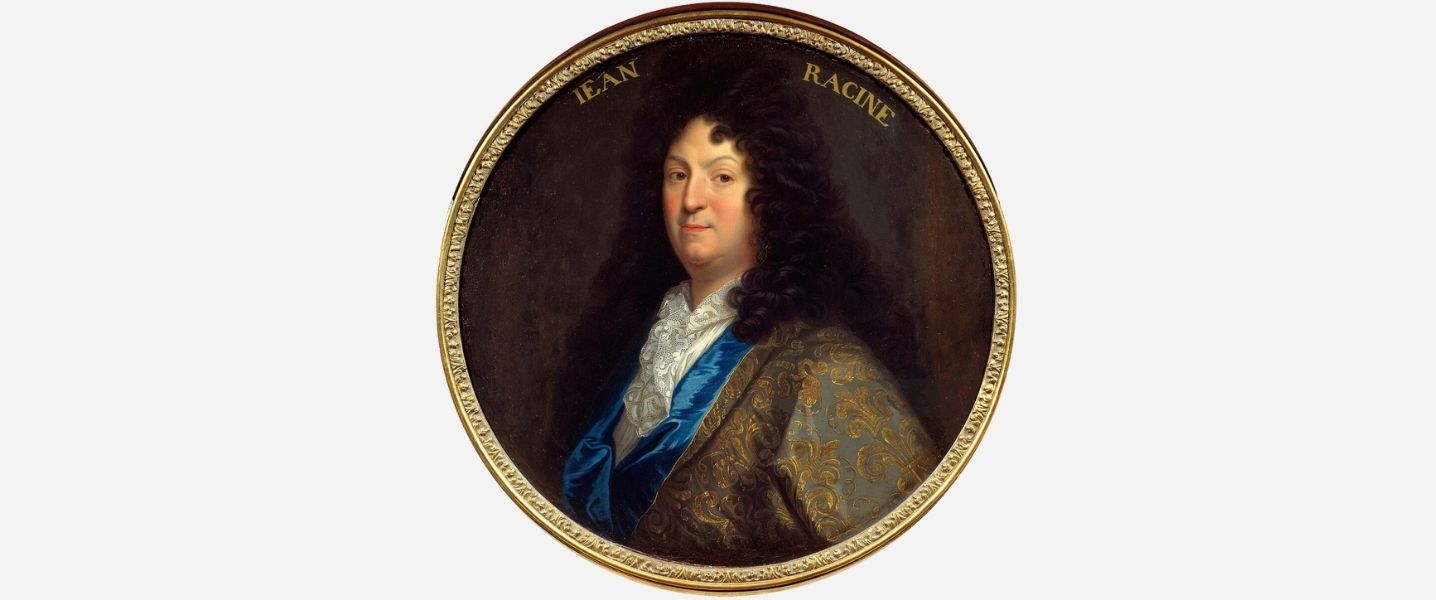
Racine
In 17th century France Molière was the champion of comedy, while Jean Racine, one of his contemporaries, perfected the tragedy genre. The two were actually good friends for a short stint, until Racine secretly gave a play that was due to be performed by Molière’s troupe to a rival company. Whereas Molière borrowed the Italian commedia dell’arte style, Jean Racine owed much of his inspiration to classical Greek tragedy. Many of his plays were based around well-known Greek myths, and are praised for their simplicity and their clever use of language, deemed by many to be untranslatable. Phèdre is his most famous tragedy, and builds on a play by Euripides, about a step-mother’s overpowering desire for her stepson.
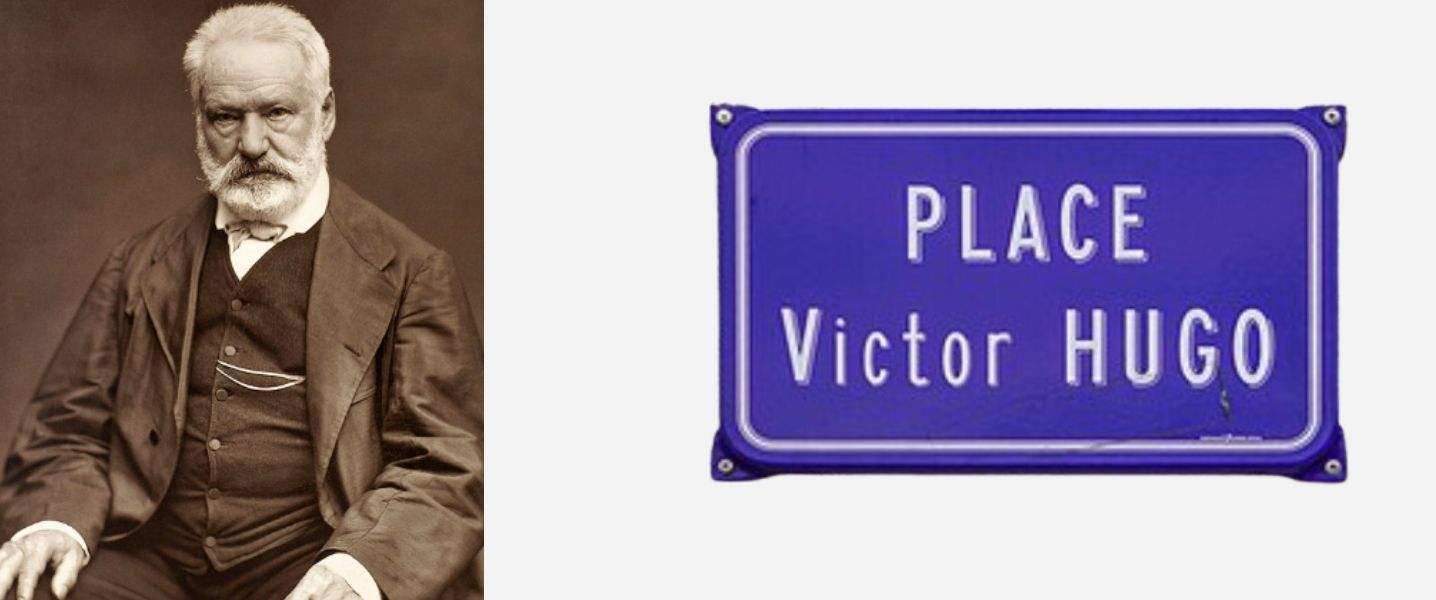
Victor Hugo
You may know him as the novelist who brought us Notre-Dame de Paris and Les Misérables, or even as a political activist who campaigned against the death penalty. But Victor Hugo was on top of that a great innovator of French theatre, his 1830 play Hernani provoking several nights of rioting as it represented the transition from Classicism to Romanticism. His tragedy Ruy Blas borders on the absurd, telling the tale of a slave who is disguised as a nobleman in the Spanish court in order to seduce the Queen as a practical joke. Ruy Blas played in 2018 at Théâtre du Ranelagh with English surtitles, its last performance taking place in April.
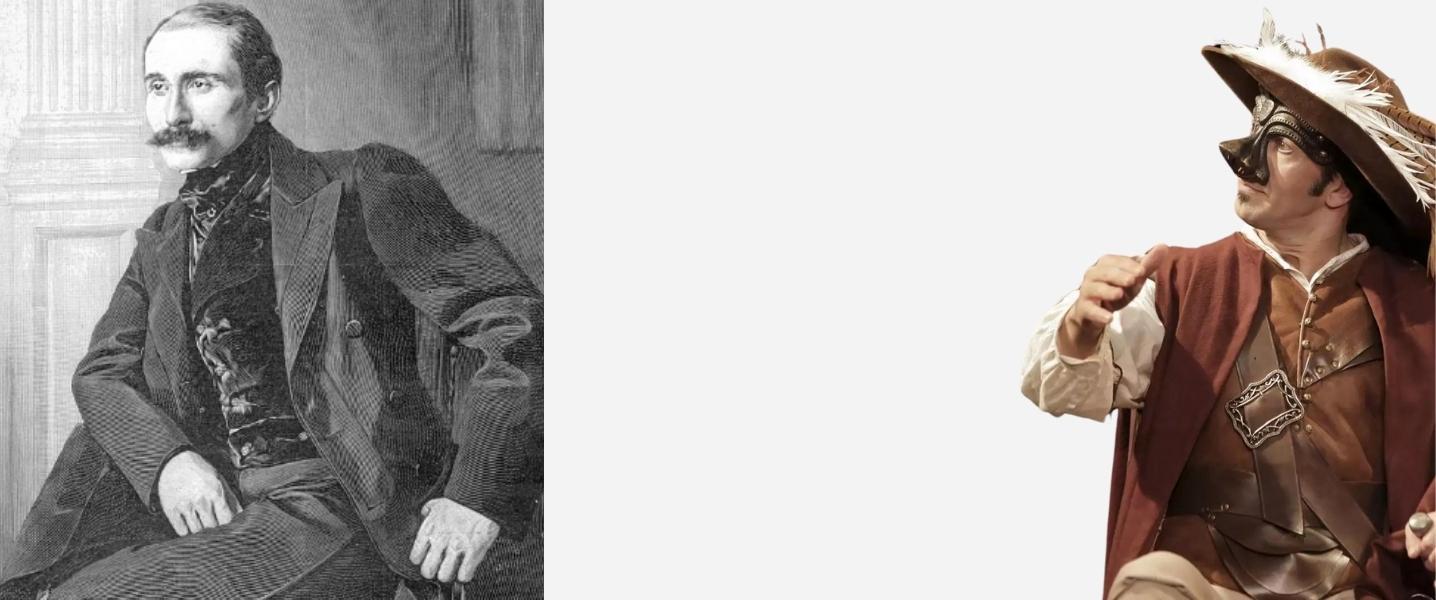
Edmond Rostand
Edmond Rostand may have written many other plays, but he is known above all for his masterpiece Cyrano de Bergerac, a household name in France that was even adapted into an Oscar-nominated film. The story follows the sharp-witted Cyrano who, despite his extremely large nose, tries to win the love of Roxane by manipulating one of her other admirers. The best way to describe this larger than life character is that he has a lot of panache, a word that was actually introduced into the English language through this play. It is known to be an immensely difficult show to put on, with a huge number of lines, characters, and changes of scene, and Rostand himself had doubts before the first performance, apologising to his troupe for having dragged them into “this frightening adventure”. Nevertheless, Cyrano continues to be staged the world over, and is playing at the moment in Paris’ Théâtre Le Ranelagh, with a brilliant adaptation that even includes a violinist. Don’t miss out on this opportunity to see this French classic in the original language alongside English surtitles.
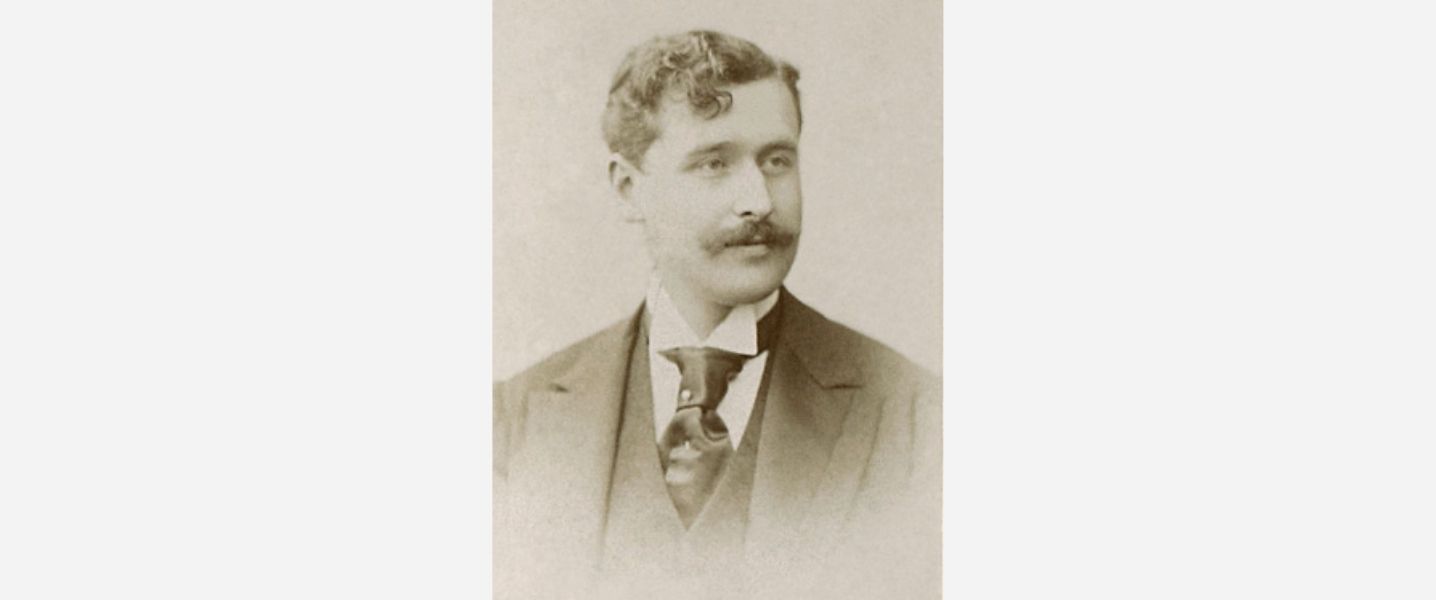
Georges Feydeau
Georges Feydeau was a French playwright from the Belle Époque period who is considered a forerunner of the vaudeville variety shows that took Europe and America by storm at the turn of the 20th century. Feydeau lived a life of hedonism, spending his nights at Maxim’s blowing his money on cocaine and gambling, and cheating on his wife with men and women. Elements from his life pop up in his work; in his masterpiece, Un Fil à la Patte, the main character attempts to breakup with his mistress before she sees the announcement of his marriage to another in the daily paper. A favourite of Theatre in Paris, we provided subtitles for an adaptation at the Théâtre Montparnasse. A timeless comedy, it went down a storm!
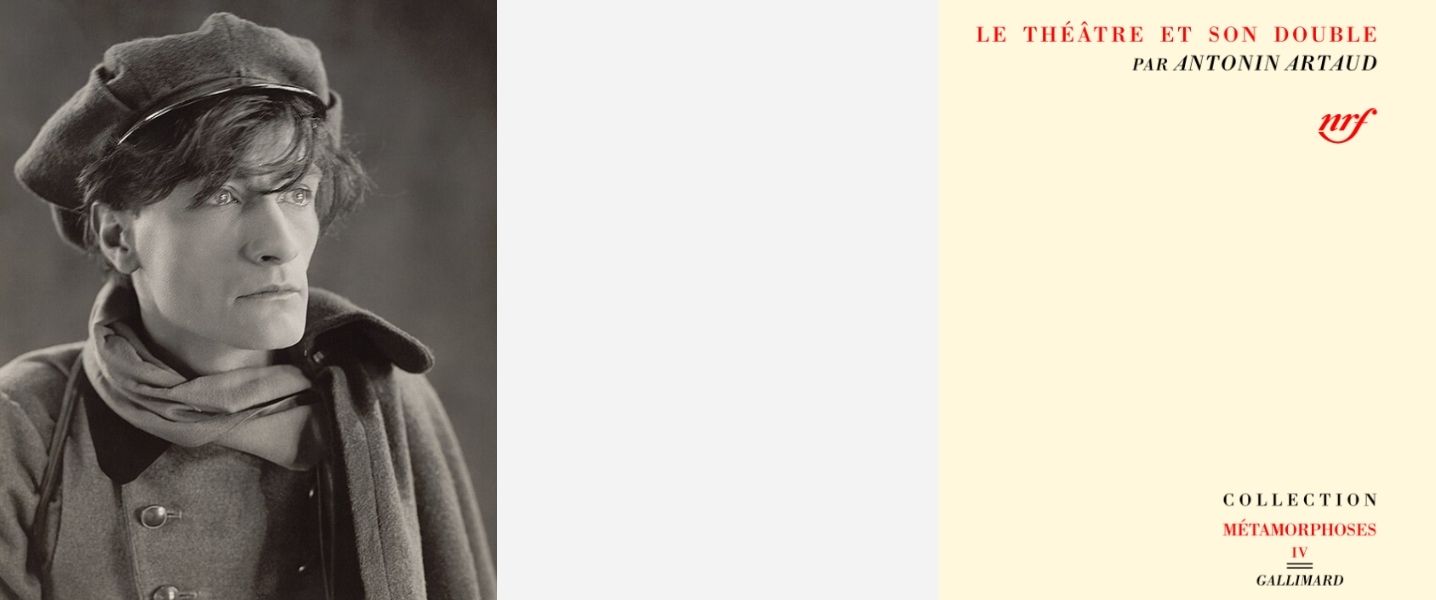
Antonin Artaud
Moving into the 20th century, French dramatists started to break with traditional conventions. Rather than simply experimenting with the style and substance of their plays, playwrights began to question the actual purpose of theatre, alongside the role of the audience. Antonin Artaud was one of the big figures of the European avant-garde, and his theories about what he called the Theatre of Cruelty were to have a huge impact on the world of theatre. Artaud was inspired by an intensely physical Balinese dance performance, and developed the belief that theatre should not be a detached display in front of a passive audience. In his book The Theatre and Its Double, he called for a theatre that favoured action over language, and that would almost assault its audience in order to inspire them into action. While he was never really able to bring his theories to life, Artaud inspired a generation of playwrights to come, and particularly Samuel Beckett and Jean Genet owe a lot to his work.
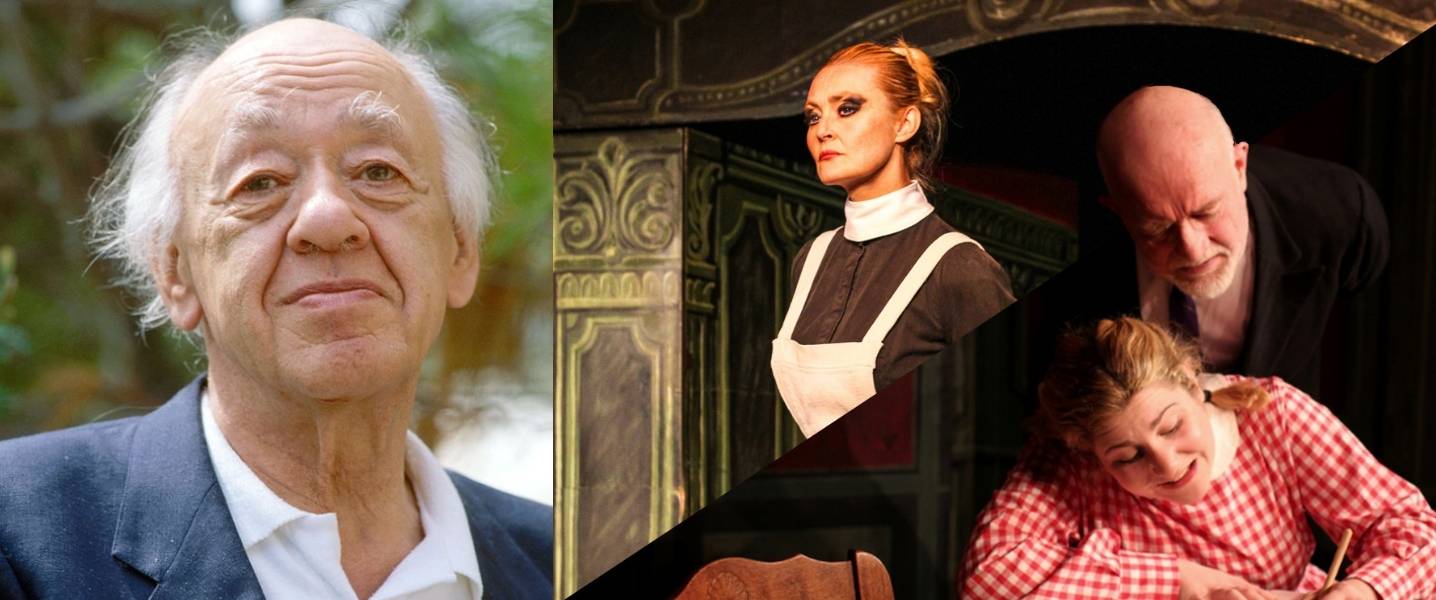
Eugène Ionesco
Born in Romania, Ionesco moved to Paris in 1945 and has since become a household name in the genre of ‘Theatre of the Absurd’. His tragicomic farces criticise the meaninglessness of social conventions, creating illogical and satirical situations from everyday dramas. He drew inspiration from the ‘antitheatre’ movement of the 50s, inspired by the city, his dreams, his nightmares, and his feelings. The only real drama is the individual’s: everyone’s individual perception of the world and of its stereotypes gives us a warped image of what we see.
Two of his most famous works, The Bald Soprano and The Lesson still play as a double-bill at Théâtre de la Huchette, a historic union which has been performed at the venue over 20,000 times! The two can also be watched separately, and are performed with English surtitles.
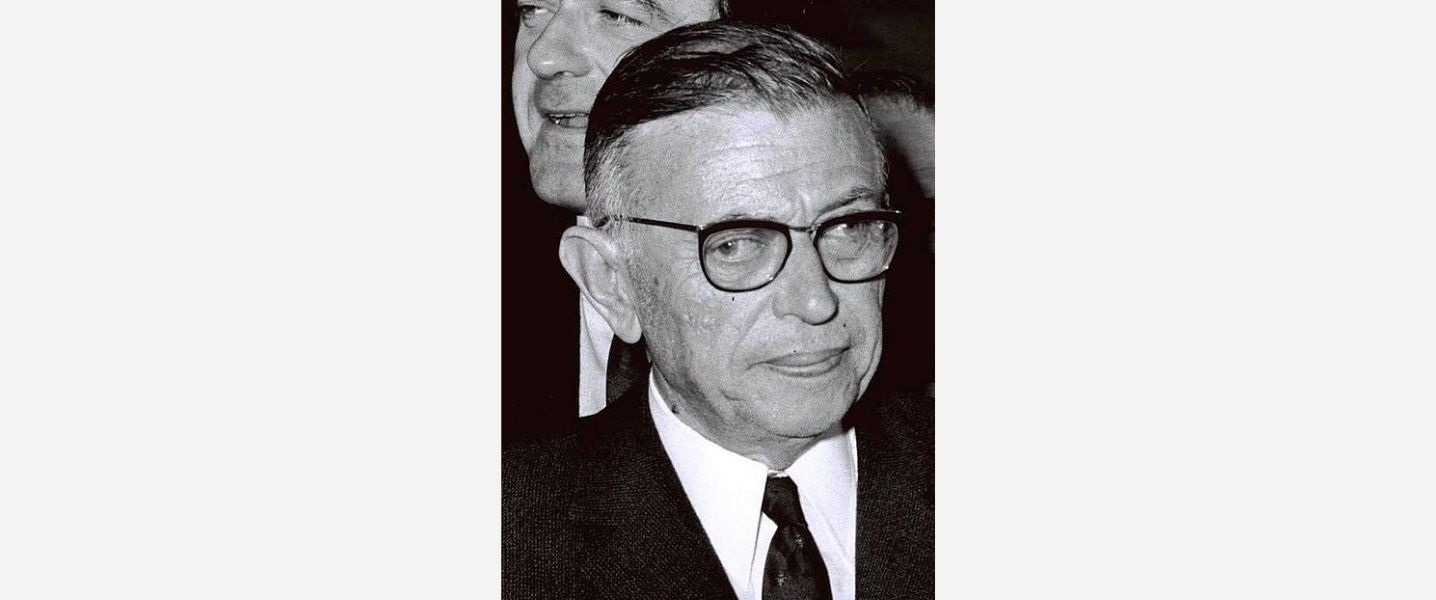
Jean-Paul Sartre
Jean-Paul Sartre is known as a French existentialist philosopher and political commentator of the 20th century, as well as the long-term partner of fellow intellectual Simone de Beauvoir. Sartre was the figurehead of existentialism, which became an important movement following the Second World War, emphasising the fundamental freedom humans have to define their own meaning in life. Rather than solely writing academic works, Sartre put forward many of his philosophical ideas in plays and novels. No Exit is one of his most celebrated plays. Set in the afterlife, three characters find themselves in a mysterious empty room, discovering that their punishment is to be locked up together for eternity. No Exit has the famous quotation “L’enfer, c’est les autres”, or “Hell is other people”. Some people believe Sartre was actually making a reference to the Nazi occupation of Paris during the Second World War, as during that time Parisian referred to the German occupiers as “les autres”.
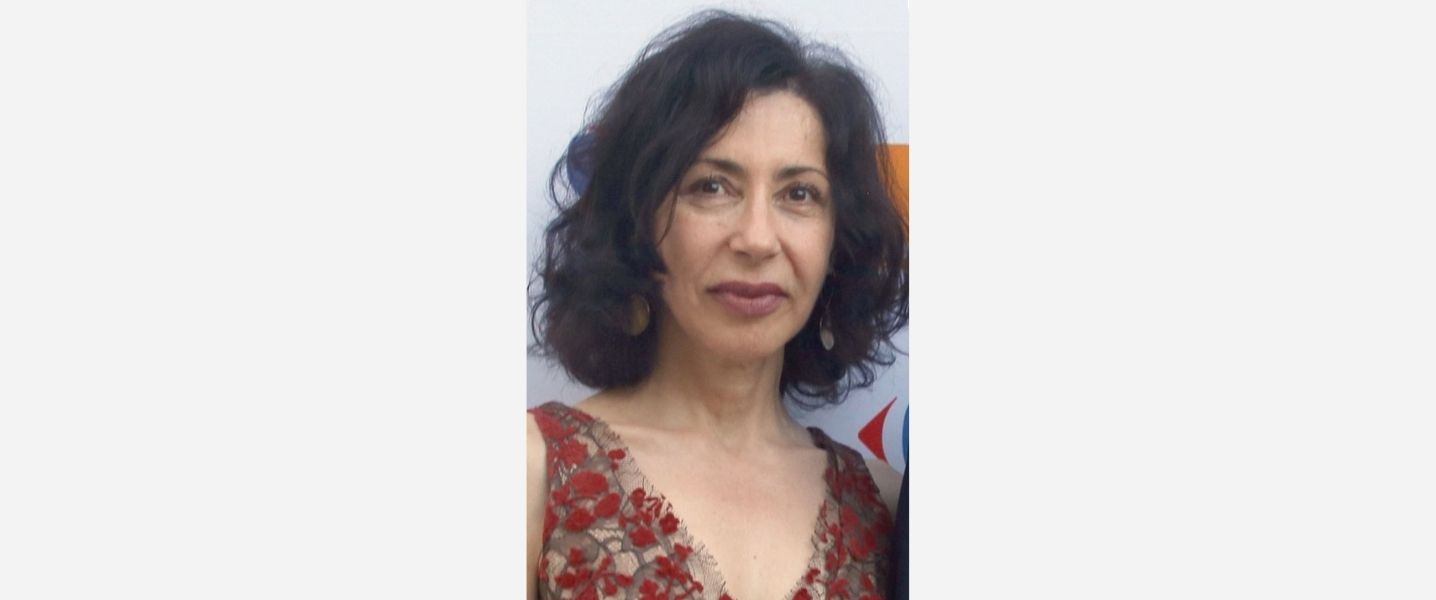
Yasmina Reza
A master of satire who provides cutting commentary on modern-day middle-class issues, Yasmina Reza is one of France’s top playwrights, kicking off her career in the late 1980s. One of her first big hits was Art, a comedy about an argument between three good friends, after one of them buys an expensive and completely white painting. Many of her plays are based around this same theme of bickering adults. This includes God of Carnage, about two couples who are forced to confront each other after a fight between their sons. Reza also wrote the screenplay when this play was adapted for the big screen in 2011, taking home a César Award (France’s Oscar equivalent) for her work.
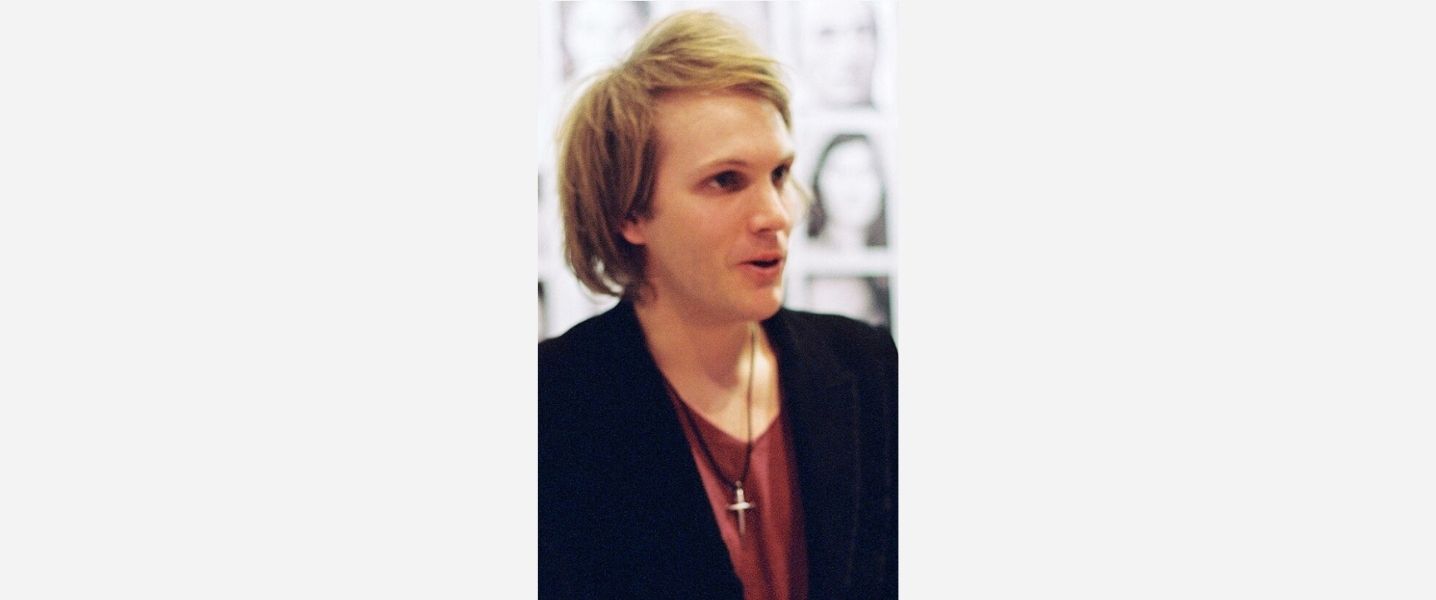
Florian Zeller
Florian Zeller has made a name for himself on both sides of the channel with his award-winning plays; the Guardian having described him as “the most exciting new theatre writer of our time”. His work delves deep into the psychology of his characters and often deals with problems to do with family and relationships. His black comedy, The Father (Le Père) is presented through the eyes of a dementia-suffering father, and so the audience themselves experience the confusion and fear of the character. Playing in the West End, The Father was met with five star reviews. There is also The Lie (Le Mensonge), in which a couple discover that their friend is cheating on his wife and argue over whether to tell her the truth. It was first performed in Paris in 2014 before making its way to London, like many of Zeller’s plays. Theatre in Paris even surtitled one of the Parisian adaptations, at the magnificent Théâtre Édouard VII, in Paris’ vibrant Opéra neighbourhood.
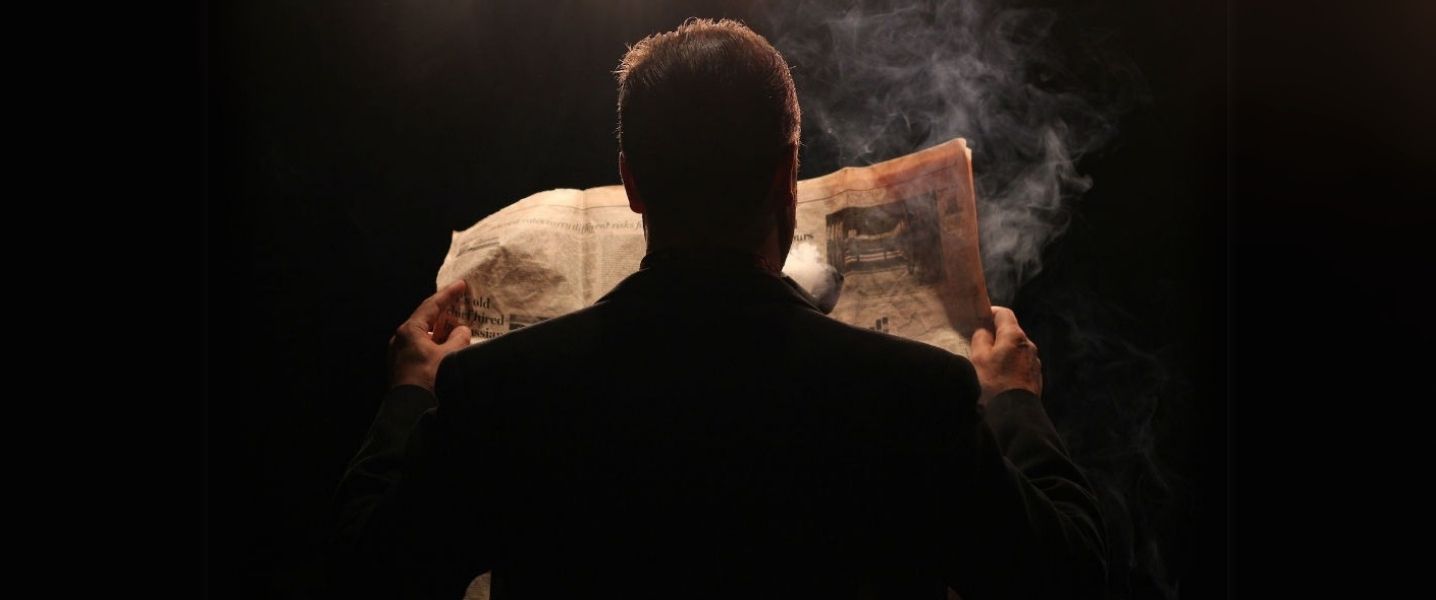
These are just a few examples of the rich history of playwrights and dramatologues in French culture. Past or present, on stages across Paris and across the globe you can find the influence of these great figures in theatre Notice this list is a bit male-dominated? As in many other industries around the world, female playwrights have historically received much less recognition than their male counterparts, but thankfully this is changing. Care to explore a few Fabulous French women?
.jpg)
A Gift They’ll Never Forget!
Everyone has that loved one who is impossible to buy presents for, so why not give them a day to remember instead? With our gift card, they can choose to see one of our amazing shows, concerts, cabarets and more! And you can be safe in the knowledge that you’ve given them the best present of all — an extra-special memory to last a lifetime.
THERE’S MORE WHERE THAT CAME FROM...
Whether you're a theatre aficionado or a first-timer, the Theatre in Paris newsletter has got what you need! At least once a month, receive a hand-crafted email for your browsing pleasure, listing the best exclusive updates, deals, programmes, and all things theatre.
You can also follow us on Facebook, Instagram, Pinterest, and TikTok by clicking the link below to see our Link in Bio page.





